Foods That May Heighten the Risk of Heart Disease
Heart disease, a global menace, claims countless lives, with dietary choices acting as a silent accomplice. While a heart-healthy diet is pivotal for cardiovascular well-being, some foods sneakily elevate the risk of heart disease. Here are a few of them.
Coffee

Coffee can temporarily increase heart rate and blood pressure, which could pose a risk for individuals with heart conditions. Also, the overconsumption of unfiltered coffee, like French press or espresso, may increase LDL or “bad” cholesterol. Moderate consumption of coffee (2-3 cups a day) is generally considered safe for most people.
Bacon
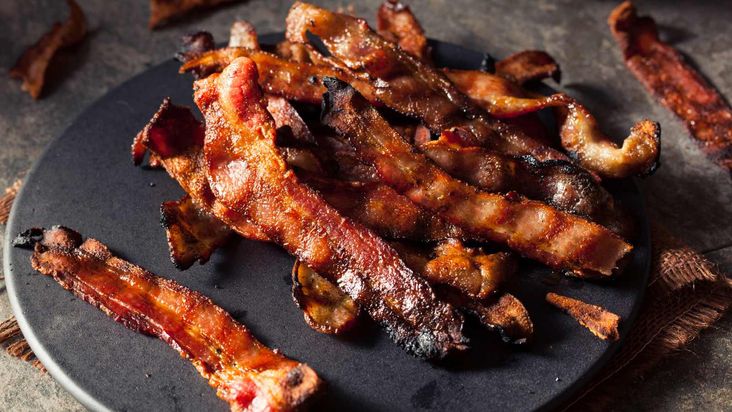
Bacon, a staple in many diets, is highly processed and contains high amounts of saturated fat and sodium. Saturated fats contribute to higher LDL cholesterol levels, linked to an increased risk of heart disease. Bacon also contains nitrates and nitrites, commonly used as preservatives, which have been associated with heart disease.
Soda

Soda is a popular beverage, loaded with added sugars, and has no nutritional value. The American Heart Association recommends limiting added sugar intake to 25 grams daily for women and 36 grams daily for men. A single can of soda can provide more than the recommended daily amount, increasing the risk of heart disease, obesity, and type 2 diabetes.
Salty Snacks
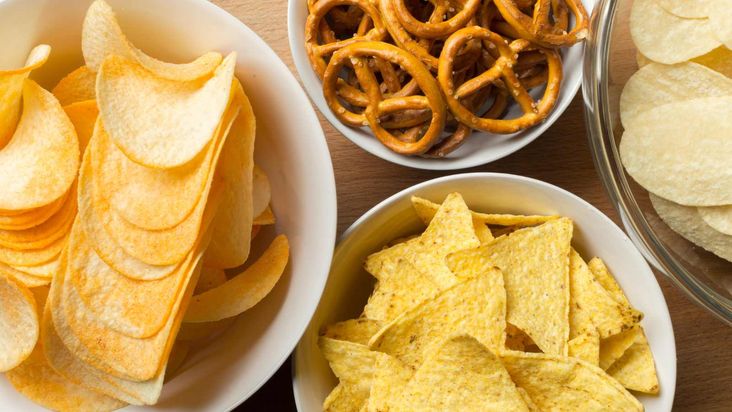
Chips, crackers, and other salty snacks are convenient and readily available but threaten heart health. These snacks are often high in sodium, which can increase blood pressure, putting a strain on the heart and increasing the risk of heart disease.
Beef
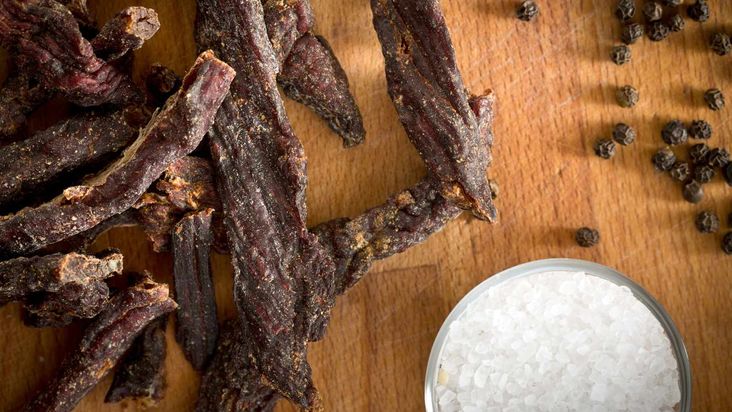
Beef, mainly when it’s not lean, is a significant source of saturated fats, which can lead to an increase in LDL cholesterol levels. Elevated LDL cholesterol in the bloodstream can contribute to the build-up of plaques in the arteries, a condition known as atherosclerosis, thereby increasing the risk of heart disease.
French Fries
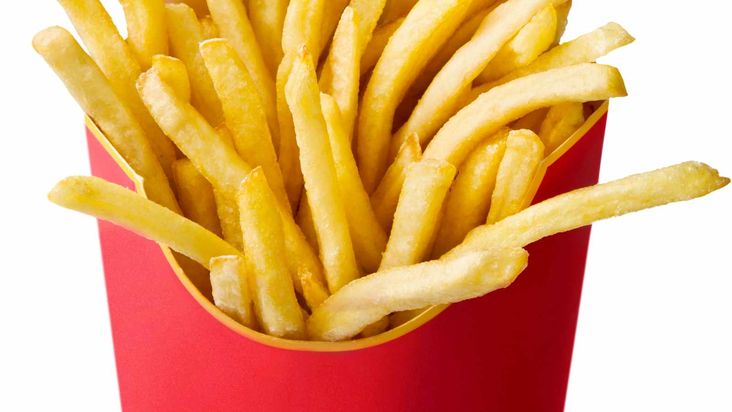
French fries, a fast-food favorite, are typically high in trans fats and sodium. Trans fats can increase LDL cholesterol and decrease HDL cholesterol levels, increasing the risk of heart disease. The high sodium content also contributes to elevated blood pressure.
Rice Cakes
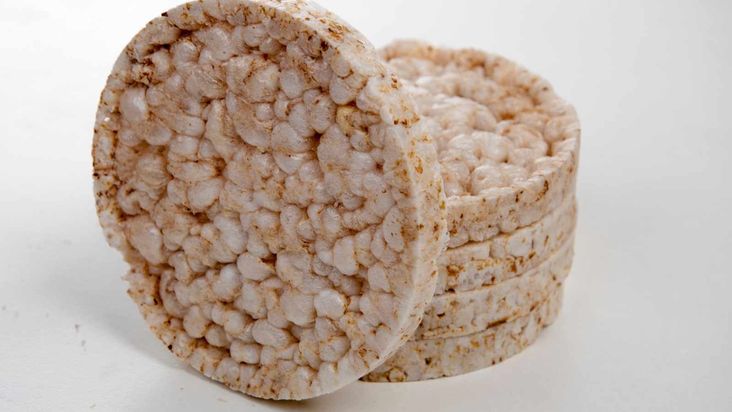
Rice cakes, marketed as a healthy snack alternative, are highly processed and lack essential nutrients. These snacks generally have a high glycemic index, meaning they can cause blood sugar levels to spike quickly. Consistently high blood sugar levels can damage the lining of the arteries, increasing the risk of heart disease.
Energy Drinks

Energy drinks are popular among young adults but often contain high amounts of sugar and caffeine. Consuming excessive amounts of these drinks can lead to an unhealthy spike in blood pressure and heart rate, increasing the risk of heart disease.
Canned Soups

Canned soups contain high levels of sodium as a preservative, which can significantly exceed the daily recommended intake. Also, the cans’ lining may have Bisphenol A (BPA), a chemical linked to heart disease. Consuming canned soups regularly can increase the risk of heart disease and other health issues.
Coconut Oil

Coconut oil has been touted as a healthy alternative to other cooking oils, but it is primarily made up of saturated fats. While not all saturated fats are equal, coconut oil contains mostly medium-chain triglycerides (MCTs), linked to increased LDL cholesterol levels and, consequently, the risk of heart disease.
Pasta Sauces
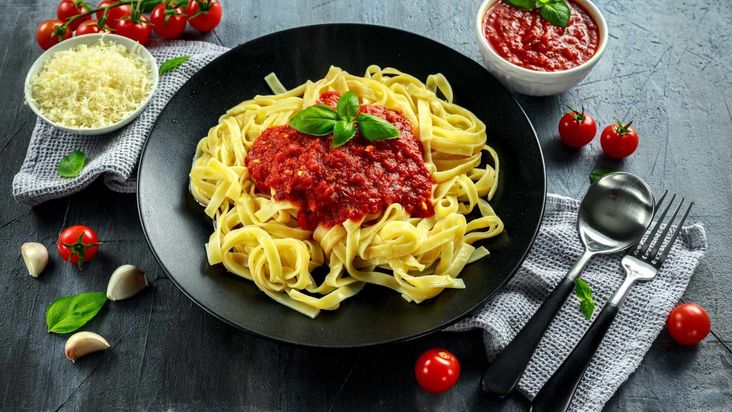
Store-bought pasta sauces are often high in sodium and added sugars, which can increase the risk of heart disease. Making homemade sauces with fresh ingredients is a healthier alternative. Alternatively, choose low-sodium options when purchasing pre-made sauces.
Pasta
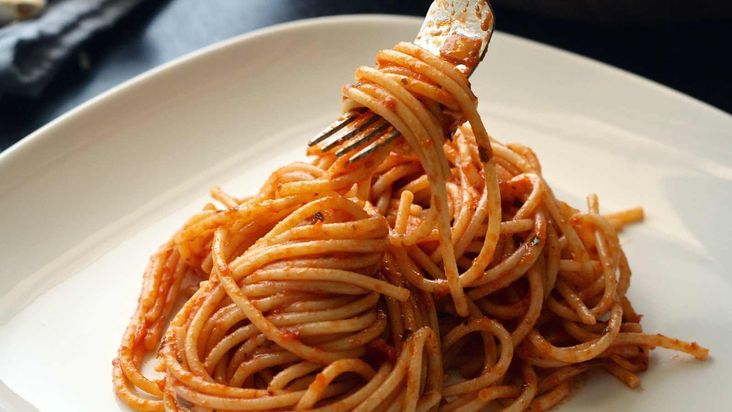
White pasta is a refined carbohydrate, stripped of its fiber and some of its nutrients, leading to a rapid spike in blood sugar levels when consumed. Regular consumption of such high-glycemic-index foods can lead to weight gain and insulin resistance, elevating the risk of heart disease.
Margarine

Due to its composition, margarine, often used as a butter substitute, can increase the risk of heart disease. It contains trans fats, which raise “bad” cholesterol and lower “good” cholesterol, leading to atherosclerosis and heart disease.
White Bread

White bread is a refined carbohydrate that can cause blood sugar levels to spike quickly. It also lacks essential nutrients and fiber, making it an unhealthy addition to your diet. Choosing whole-grain options instead reduces the risk of heart disease.
Full-Fat Diary Products

Consuming full-fat dairy products, like whole milk and cheese, can significantly elevate saturated fat intake. Saturated fat intake heightens the risk of heart disease. Opting for low-fat or fat-free alternatives presents a healthier choice to safeguard cardiovascular health.